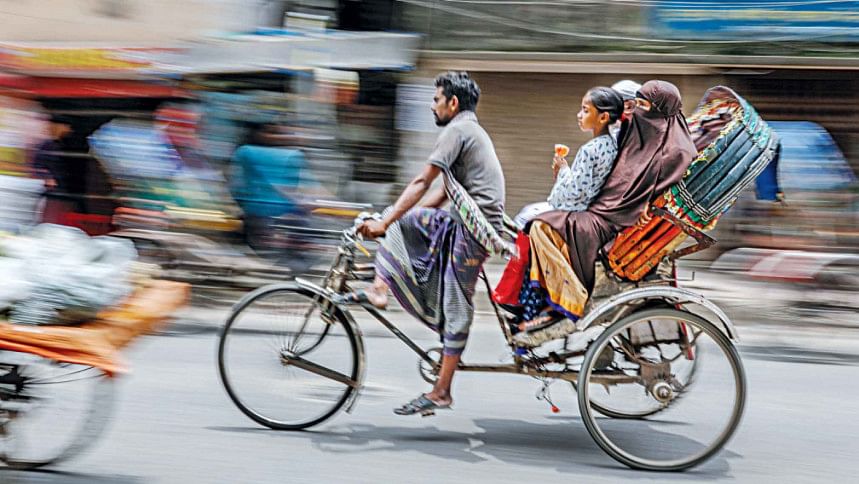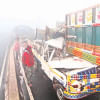How battery-run rickshaws are risky for you

In the growing chaos of our streets, battery-run rickshaws have quickly become an everyday sight. They promise ease and speed—a faster way to get from one place to another in a city that never seems to stop moving. Yet, behind their quiet hum and swift pace lies a deeply unsettling reality. These vehicles, often hailed as modern and efficient, carry risks that threaten our safety, our environment, and the very fabric of our community.
The most obvious concern is their speed. Battery-run rickshaws can reach up to 40 km/h, a pace their lightweight frames and basic braking systems were never designed to handle. At these speeds, a sudden stop is more a hope than a certainty. The brakes—rudimentary at best—fail to provide the control needed, particularly in crowded streets teeming with pedestrians, cyclists, and larger vehicles. Every hurried turn or abrupt halt is an accident waiting to happen, a stark reminder that speed without safety is not progress.
Then there's the matter of who is behind the wheel—or more accurately, the handlebars. Many operators of these vehicles lack even the most fundamental understanding of traffic laws. No training, no formal guidance, no preparation for the responsibility of operating a motorised vehicle. They weave through traffic, stop wherever they please, and ignore signals altogether, leaving other road users to navigate their recklessness. This is not just about inconvenience; it's about lives at risk in a system that seems to reward indifference over accountability.
The strain these rickshaws place on our already fragile power grid is another issue we can no longer ignore. Charging them consumes an estimated 500 megawatts of electricity daily. To put it bluntly, that's power syphoned off from homes, schools, and hospitals to keep these vehicles running. What's worse, the vast majority of charging stations rely on illegal electricity connections. This theft not only robs the nation of revenue but deepens the energy crisis for millions who face prolonged outages. Its exploitation dressed up as convenience.
And then there's the waste. These vehicles rely on lead-acid batteries, a ticking environmental time bomb. When discarded improperly—a fate most of them meet—they leach toxins into the soil and water, contaminating ecosystems and endangering public health. Yet, there's no structured system to handle or recycle these batteries, leaving communities to bear the brunt of the damage, often without even knowing it.
Traffic congestion, a daily reality we have grudgingly come to accept, has only worsened with their arrival. These rickshaws, designed for smaller, quieter roads, now clog the main arteries of our cities. They produce bottlenecks that impact traffic throughout the day, stop suddenly, and swerve randomly. The collective annoyance of a city ensnared by cars that defy the law is more significant than simply lost time on the road.
The economic impact is just as grim. Traditional rickshaw pullers, who have long endured the grind of manual labour, now find themselves pushed aside. These battery-run competitors, faster and less demanding, have syphoned off their livelihoods, leaving an already vulnerable group struggling to survive. In chasing efficiency, we have lost sight of the human cost.
So where does that leave us? With a mode of transport that promises modernity but delivers chaos, environmental damage, and economic despair. The convenience comes at too high a price—a price we pay in safety, in resources, and in the quiet erosion of community.
It's not enough to accept this as the new normal. We need regulation, proper driver training, and a plan to mitigate the environmental and energy burdens. Above all, though, we must ask ourselves: how much are we prepared to give up in order to provide the appearance of progress? Because these rickshaws now result in dangers that impact everyone, not just passengers.
Disclaimer: Views expressed in this article are the author's own.

 For all latest news, follow The Daily Star's Google News channel.
For all latest news, follow The Daily Star's Google News channel. 







Comments